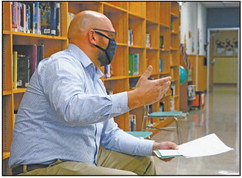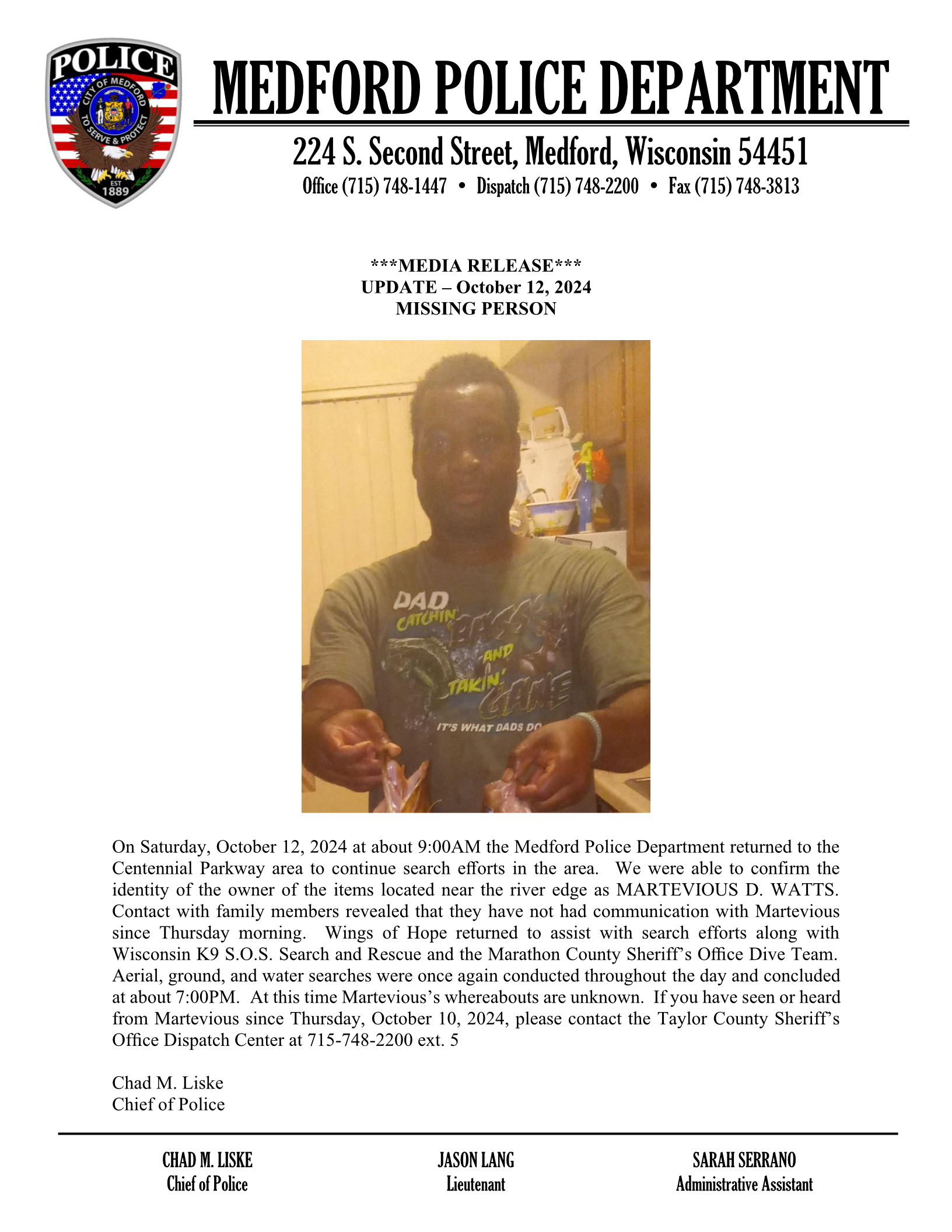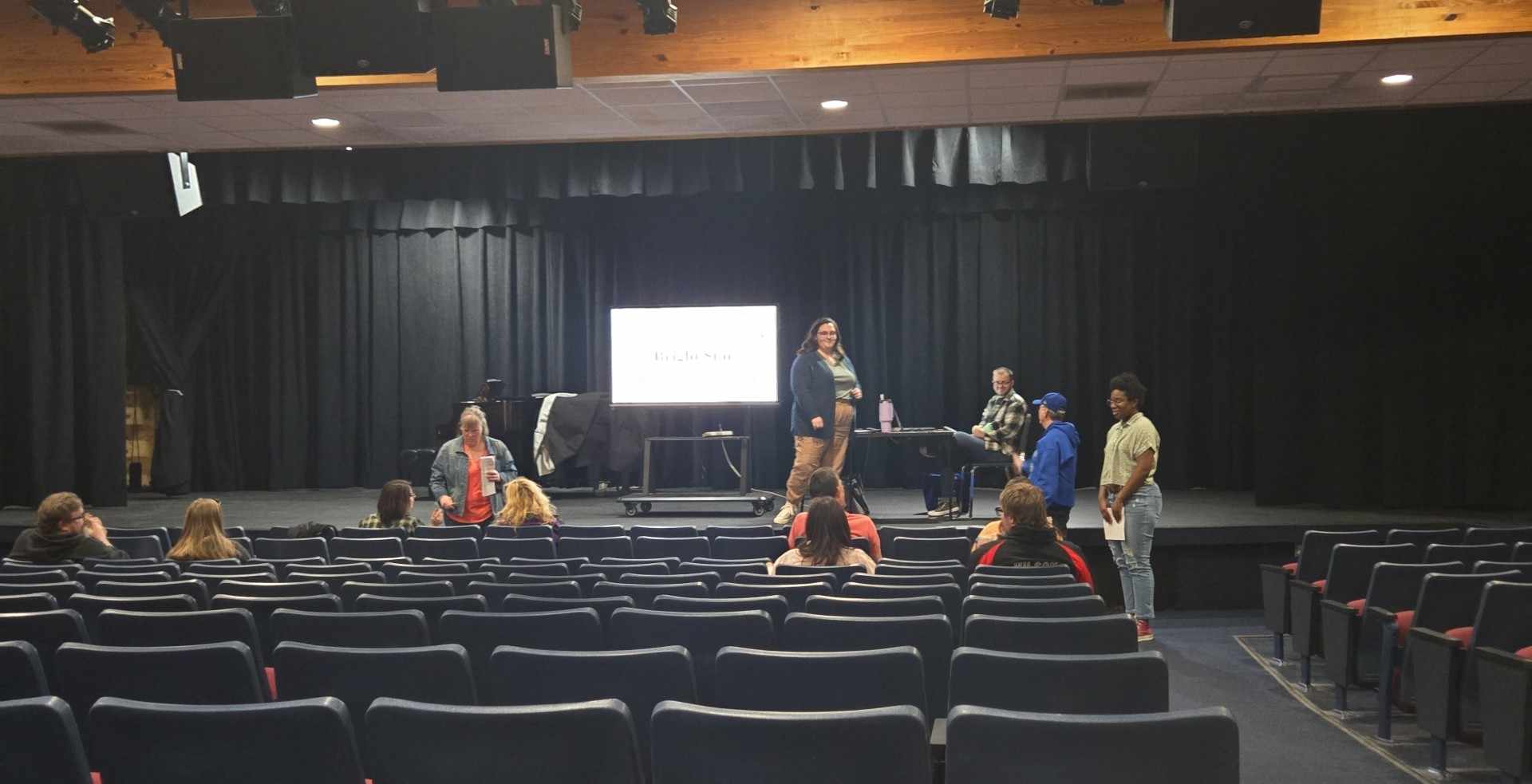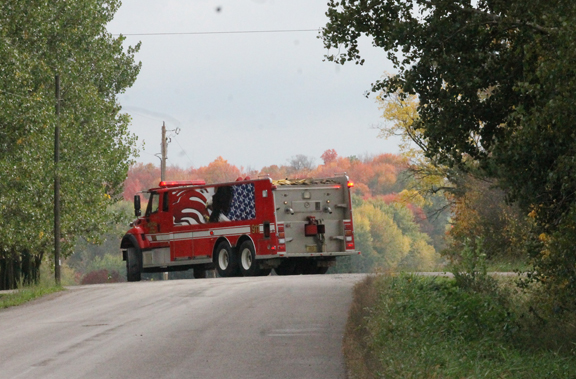Knights football co-op thing of the past after next season


In order to ensure a football program was offered to student- athletes, the Cornell and Lake Holcombe teams com- bined a number of years ago, forming the Knights. Now, that co-op is at an end, after a decision by the Lake Holcombe School Board Nov. 11.
As the host school, the Lake Holcombe football coaches, athletic director and principal, agreed eight-man is needed to keep the program viable. The board also agreed that is the case. However, they weren’t so sure sticking with the co-op is the way to go as they transition into eight-man play.
“So, if we stay with the co-op, they (Knights) would not be eligible for the post-season tournament, because our enrollments would way exceed?” asked board member Debbi Readinger.
Todd Senoraske, Lake Holcombe athletic director, said the WIAA takes the average of the previous three years in consideration.
“That first year, we might be slightly over,” he said. It’s basically to ensure that our kids have an opportunity to play football.”
Readinger asked how many there are of the eight-man teams in the area that can play JV, but Senoraske said he didn’t know off the top of his head. Board vice president Matt Flater mentioned that the team would not be eligible anyway the first year, because of tranisitioning to eight-man.
“The WIAA does not sponsor a program over 200, so I don’t know why we would,” said Flater.
“I know the big goal at the end of the season is a gold ball and making playoffs,” said Senoraske. “I’m used to that culture of having that and going for that, but I think there are some foundational building blocks that need to happen to develop that culture, as well.” Flater says he has reached out to current and former players, coaches and family members, and the consensus he heard, was that kids wouldn’t go out for football if they weren’t playing for a trophy. “There’s a lot of pride in the program and looking at these numbers, I think an eight-man program is sustainable by ourselves,” said Flater. He said he saw the joy it brought to the players and community when the Knights unexpectedly made the playoffs this year, which was then snatched away because of the pandemic. “Just that excitement I saw in those 24 hours,” said Flater, “is something that I’m not comfortable taking away from our student-athletes or Cornell’s student-athletes.” Board clerk Jeff Anders says his concern comes when looking at the numbers. “I don’t believe we can field a decent team on our own and have any JV team at all,” said Anders. “I don’t want to take that away from our kids, where they don’t get the chance to even compete.” Senoraske says it is nice to have a practice team to run drills with. Brian Guthman, board president, said the feedback he has heard from community members, was that upperclassmen from Cornell didn’t seem to stick around for their senior year. The numbers show that Cornell has a projected enrollment of 37 male students and 55 females by the 2021-22 school year, while Lake Holcombe would have 44 males and 46 females. The following year, Cornell would have 41 males and 63 females, and Lake Holcombe was set at 37 and 41. According to the projections, both schools would hold steady for a couple years, then drop somewhat in enrollment. Flater says he thinks it is a good opportunity, with good coaches and the AD at the helm, to re-instate Lake Holcombe’s program. Flater added that if the WIAA would raise the enrollment cap, a co-op conversation would be a definite possibility. Anneleise Willmarth, board treasurer, said she would like to see both teams get more time on the field and also have substitute options if players get hurt, which is a situation the Knights ran into this year. “Can we look to Cornell again?” asked Senoraske about co-oping with the neighboring district. “To have those positive relationships is important…I feel it’s very important to maintain other co-ops (with Cornell).” If the co-op was not approved, Willmarth wanted to know if there was a cost to return to the Chieftains or the LH brand, such as new uniforms. She asked what would happen to the apparel/equipment on hand. “Would we keep all of that and keep it as Knights?” she asked. “You’d have to switch over,” said Senoraske. “There would be some cost.” Because the eight-man application was due to the WIAA by Nov. 15, the board needed to make a decision that night, or be locked into a co-op agreement for another two years, with that renewal due by Dec. 1. A vote was called for, with two in favor of staying with the co-op (Anders, Willmarth) and two opposed (Flater, Readinger). That left it up to Guthman to break the tie, which he admitted was not an easy decision for him to make. “People have reached out to me and want to go back to being the Chieftains, and were really concerned with the amount of kids we’ve ever gotten from Cornell, especially at the junior and senior level,” said Guthman. “They thought that they weren’t holding up their end of the co-op very well.” With that in mind, Guthman voted no, that Lake Holcombe should not continue with the co-op. The football co-op will remain in place for the 2021-22 season, and after that, Lake Holcombe will turn to eight-man play, while it remains to be seen what Cornell’s options will be to keep a football program. Todd Senoraske, Lake Holcombe School athletic director, explains to the Board of Education Nov. 11, what would happen if the co-oped football program with Cornell, was no longer a reality. After looking at enrollment numbers from both schools and weighing options, the board voted down remaining with the football co-op. Photo by Ginna Young


